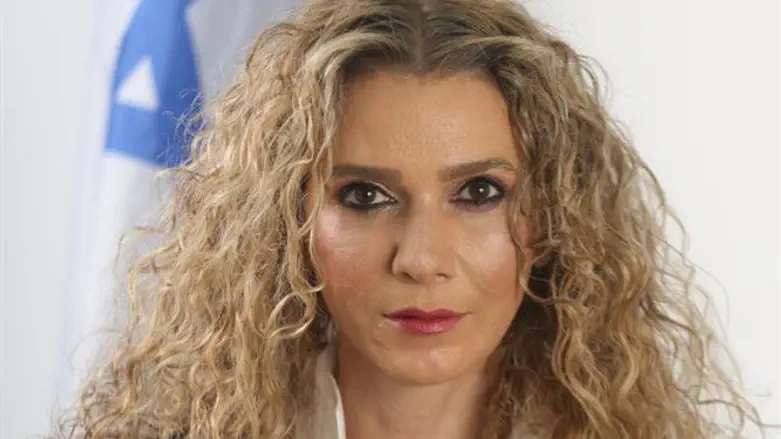
The High Court overturned a decision banning Judge Ronit Poznansky-Katz after she was accused of colluding with an investigator in a probe involving Prime Minister Netanyahu.
The court ruled on Thursday that Poznansky-Katz will be reprimanded but will not be dismissed from her position. She will also be suspended from the bench until March 2019 and cannot handle criminal cases for the next two years.
In July, a disciplinary committee had decided to dismiss the judge from her post after she was involved in a sensational collusion scandal this past February.
The scandal began after Channel 10 revealed a series of instant messages on the WhatsApp chat program between Poznansky-Katz, and Eran Shaham-Shavit, an investigator from the Israel Securities Authority.
The two discussed the upcoming hearing for suspects arrested as part of the “Case 4000”investigation, which centers on suspicions that a Netanyahu aide provided chief Bezeq shareholder Shaul Elovitch with regulatory benefits in exchange for sympathetic coverage to the prime minister and his wife on the Walla! news website, which is owned by Elovitch as well.
In the messages, the Israel Securities Authority official informed Poznansky-Katz of his agency’s intention to request that several suspects’ arrests be extended, telling the judge to “act surprised” when he makes the request in court.
“I’ll practice looking surprised”, replied Poznansky-Katz.
“We’ll request three [more days], but you can really just give [us an extension] of two days,” the official wrote.
“If you keep telling me everything, I’m going to really work to act surprised,” Poznansky-Katz said.
Shortly after the Channel 10 report, the Tel Aviv Magistrates Court took Poznansky-Katz off of the case, assigning the file to another judge. She was subsequently suspended from her post, though no criminal charges were filed against her. Instead, she faced a disciplinary court established especially to rule on her situation.
Following the affair. Supreme Court Chief Justice Esther Hayut issued new protocols for pre-indictment interactions between judges and investigators.
The new protocol dictates, among other things, that communication between judges and investigation and prosecution authorities over requests may only take place during request hearings, and judges must refrain from any direct or informal contact with those authorities outside the courtroom.